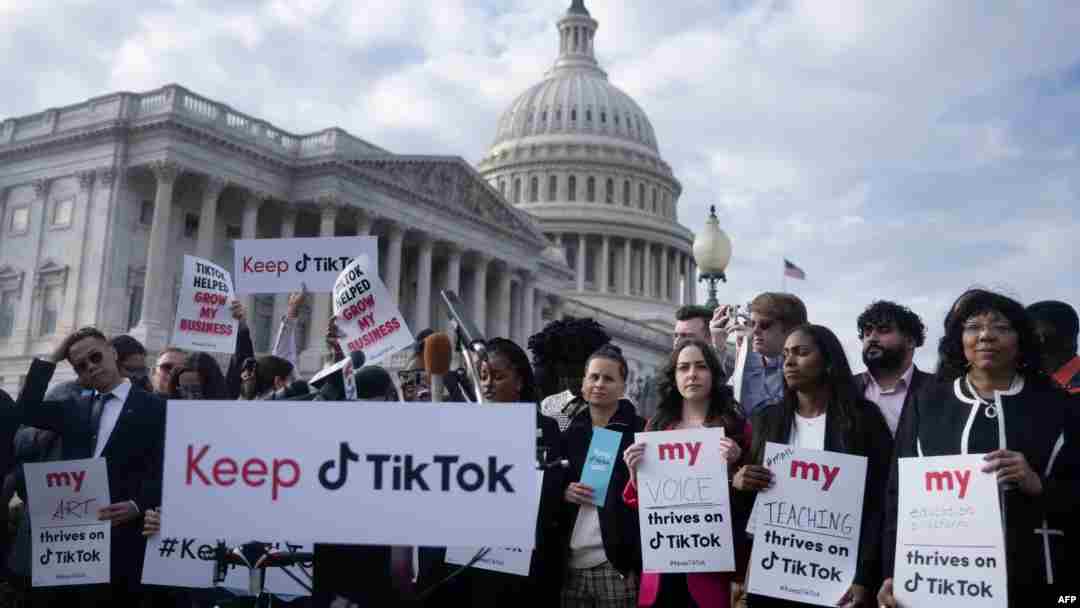Meta has introduced major changes to its content moderation policies, allowing users to post previously prohibited content, such as referring to women as “household objects” or transgender individuals as “it.” These updates accompany the company’s decision to eliminate its U.S.-based fact-checking program.
Policy Changes and Free Expression Vision
The revised hateful conduct policy now permits speech that was once banned, including claims of mental abnormality based on gender or sexual orientation. Previously, such posts would have been removed under Meta’s rules. The company framed these changes as part of CEO Mark Zuckerberg’s commitment to promoting “free expression” on its platforms.
In tandem with these updates, Meta will also dissolve its network of independent fact-checkers in the United States, replacing it with user-generated “community notes” to provide context for posts. Automated systems designed to detect policy violations will now focus only on extreme cases, such as child exploitation and terrorism.
“We’re going to catch less bad stuff, but we’ll also reduce the number of innocent people’s posts and accounts that we accidentally take down,” Zuckerberg said in defense of the changes.
New Allowances and Criticism
The revised hateful conduct policy no longer bans statements denying the existence of “protected” groups or advocating for gender-based restrictions in professions like law enforcement or teaching.
Despite continuing to prohibit hate speech based on race, ethnicity, and religion, and enforcing policies against bullying and incitement of violence, the broader changes have sparked concern. Experts warn these updates could exacerbate the spread of false information and hate speech.
Political Context and Fallout
The changes come as Meta appears to align itself more closely with Republicans ahead of President-elect Donald Trump’s second term. Trump praised the policy updates during a press conference, suggesting they might be influenced by his past threats against Zuckerberg.
Critics argue that these moves reflect longstanding complaints by conservatives that Meta has “censored” their voices while signaling a shift in the platform’s approach to online content regulation.
The dissolution of Meta’s U.S. fact-checking program marks a significant shift, raising alarms about the potential for viral misinformation to proliferate unchecked on the platform.




